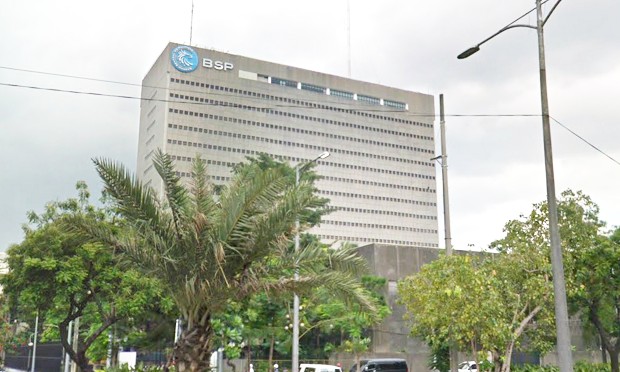Current indicators show that the Philippines is ready to shift to digital payments and other financial technology (fintech) innovations. The Philippine government, particularly the Bangko Sentral ng Pilipinas (BSP), has already set in place regulatory changes and policies to support such shift.

Vicente De Villa III, managing director for financial technology at BSP, said current data show that the country is ready for this shift.
De Villa, at a fintech webinar, said in terms of demographics, all indications show the country is ready, and a big chunk of the population is now already embracing some form of fintech innovations.
Some notable indicators in the country’s population include a high smartphone penetration (64%), high number of SIM users (159%), usage of the Internet (65%), and social media usage (67%).
“There is a rising appetite for digital innovation. It might be mostly payments and e-wallets, but we are going to see more,” De Villa, in a presentation of the data, said.
One notable data is that 7 out of 10 of the country’s adult population do not have bank accounts. However, 9 out of 10 adults have experience in payment transactions or hold accounts for payment transactions. Those without bank account also have cellular phones.
De Villa said these indicators all point to a rising digital payment market. According to the executive, a BSP study in 2015 said only 1% of financial transactions in the country are digital. By 2019 however, the figure has risen ten-fold to 10%.
“We also now have the regulatory framework to support fintech innovations,” De Villa said.
The BSP has been pushing to fintech innovations such as electronic payments and banking, which has become necessary during a raging Covid-19 pandemic.
“The regulatory environment we have now has enabled technology such as mobile banking. The BSP will be pushing forward with technologies like the National QR Code or QRPh that promotes an interoperable transfer of funds from one entity to another. There are more to come in the pipeline, which we hope to see in effect,” De Villa said.
The Securities and Exchange Commission has also extended support for the financing sector, releasing its own guidelines on the approval of retail treasury bonds using a blockchain-based system.
The Department of Trade and Industry (DTI), meanwhile, said it will continue promoting programs to increase financial literacy to Filipinos.
DTI secretary Ramon Lopez said these efforts are aimed primarily for micro, small and medium enterprises (MSMEs).
“By integrating financial literacy with our entrepreneurship programs, we can educate our MSMEs on the true cost of credit and help them become responsible borrowers as they enact sound financial decisions. This, in turn will empower them as they address challenges of access to finance. As MSMEs grow they then create more jobs and employment that will benefit our countrymen,” the official said.




